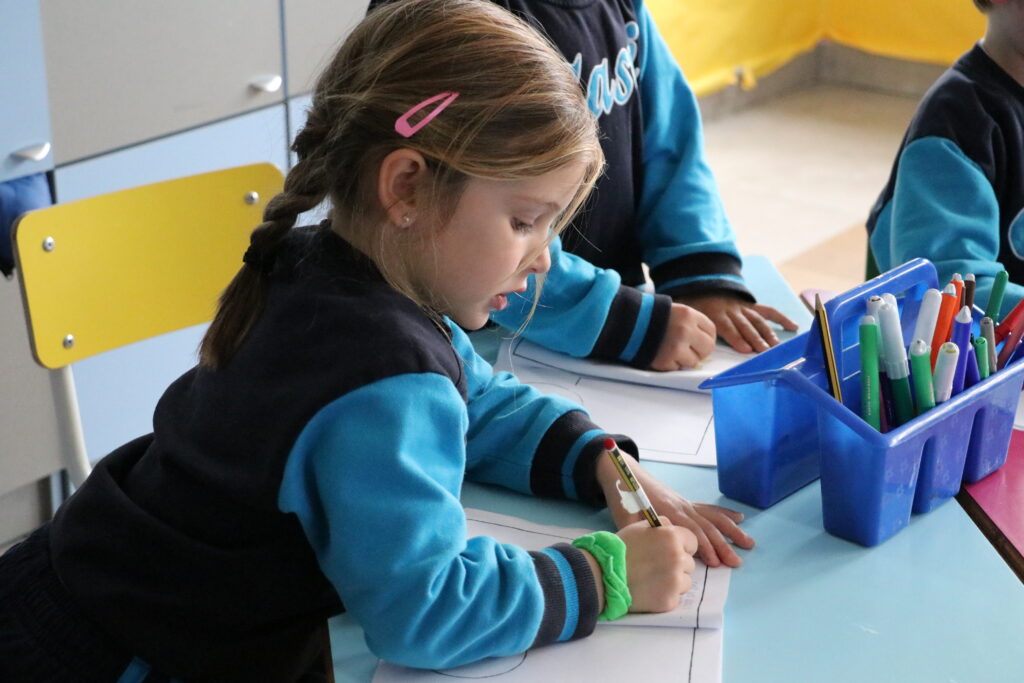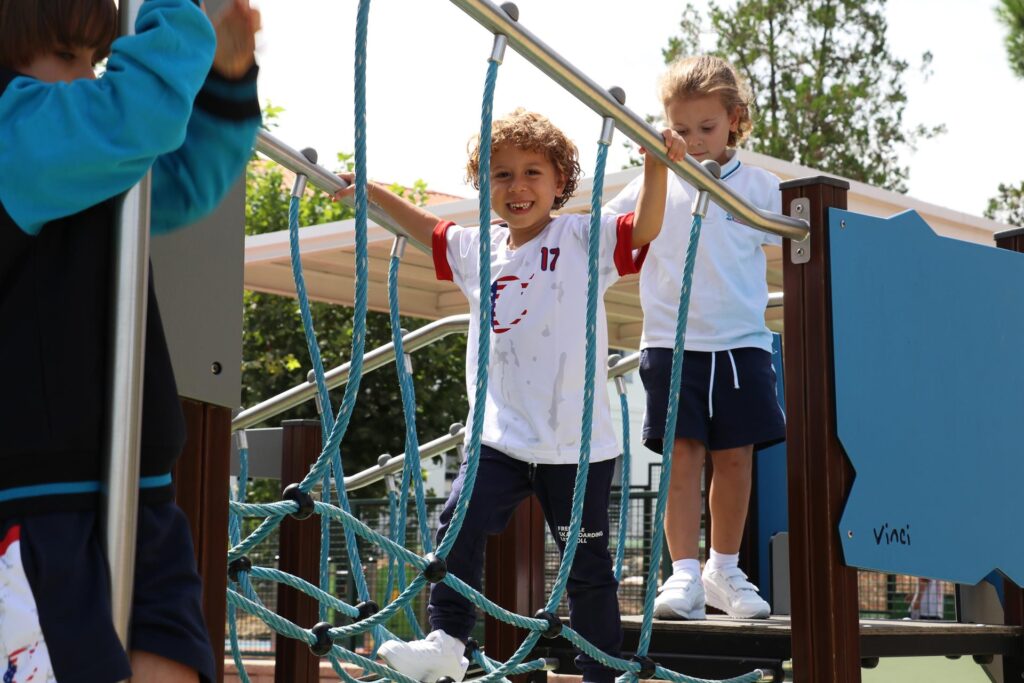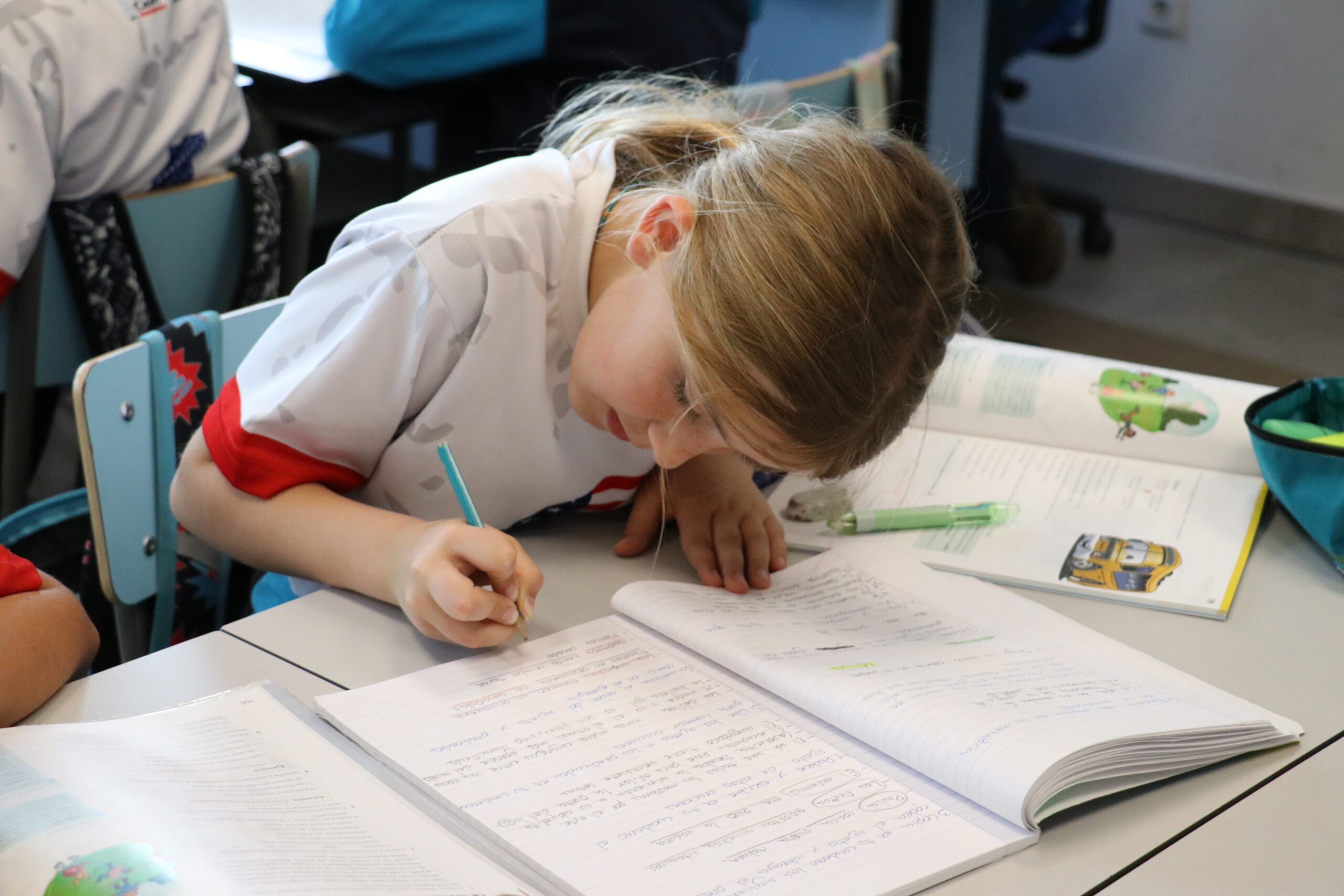For many students, summer is one of their favorite times, as they have time to rest, have fun and, above all, disconnect from the school routine. However, for decades, summer has brought with it activity books. For some time now, a debate has been raging among teachers and parents as to whether it is important to have homework in the summer.
The answer to this question is not simple, as both the academic benefits and the emotional well-being of the children must first be analyzed.
Benefits of having homework in summer

Although summer is often synonymous with vacation, including some homework can help keep learning active. Some of the benefits of doing this homework are:
- Knowledge reinforcement: homework helps to review and reinforce what has been learned during the school year, avoiding forgetfulness.
- Discipline and organization: doing homework in the summer helps students maintain study and time management habits.
- Preparation for the next course: homework can include activities that prepare students for new subjects, facilitating adaptation to the start of classes.
In addition, maintaining some intellectual activity during the vacations can prevent the so-called “summer learning loss”, a phenomenon where students forget part of the material studied, especially in subjects such as mathematics and reading. According to neuropediatrician Manuel Antonio Fernández, doing homework in summer helps to activate executive functions such as attention and impulse regulation, thus facilitating adaptation to the return to school.
Related to this, Ryan Posey, PYP coordinator at Casvi International American School, notes that summer can also be “a good opportunity for students to review areas they struggled with during the year” and, in part, “take some responsibility for their learning.”
Potential disadvantages of summer homework
However, overloading children with tasks during this break period can also have some disadvantages. The most typical ones are:
- Stress and burnout: after an intense school year, children need to rest and recharge, and homework can add to the pressure.
- Less time for other activities: summer is ideal for developing social, sports and creative skills, which can be limited if there is too much homework.
- Inequality: not all students have the same support at home, which can generate frustration or demotivation.
On the other hand, homework that is not very motivating or is too repetitive can generate rejection towards learning and affect children’s self-esteem. Therefore, it is essential that homework assignments are meaningful, varied and encourage creativity and personal exploration.
What is the Ideal Balance?
To answer the question of whether it is important to have homework in the summer, it is essential to find a balance. Homework should be light, focused on activities that promote learning in an enjoyable way, such as reading interesting books, playing educational games, or doing creative projects related to the student’s interests.
In addition, homework in summer should not be a burden, but a tool to maintain curiosity and interest in learning, respecting the time of rest and fun.
In this way, the summer is an enriching time for both the academic growth and personal well-being of the children.

Learn more about our teaching methodology
At Casvi International American School we recommend our students to follow a routine during the summer, mainly reading, to maintain active learning, but without overloading, always looking for a balance between study and rest so that they can enjoy and arrive prepared for the new course.
If you want to know more about our teaching methodology, visit our website or contact us.

